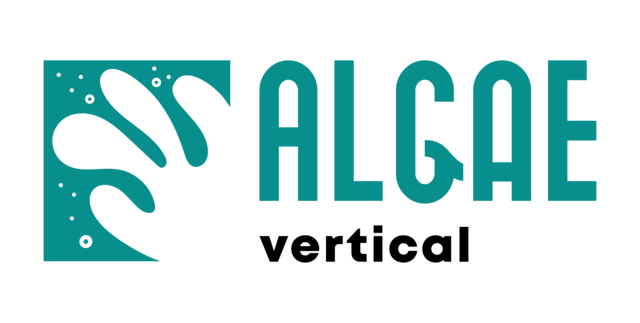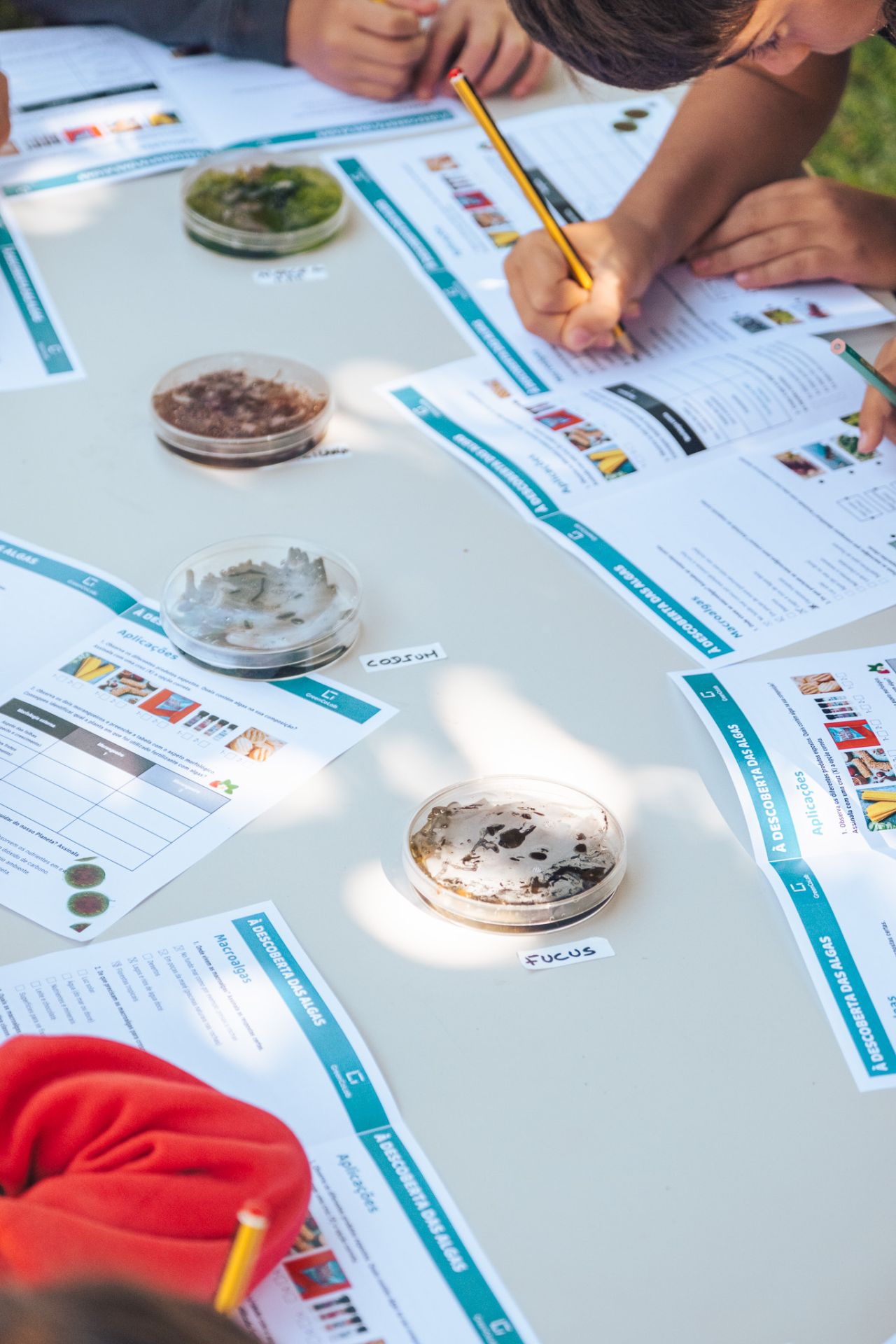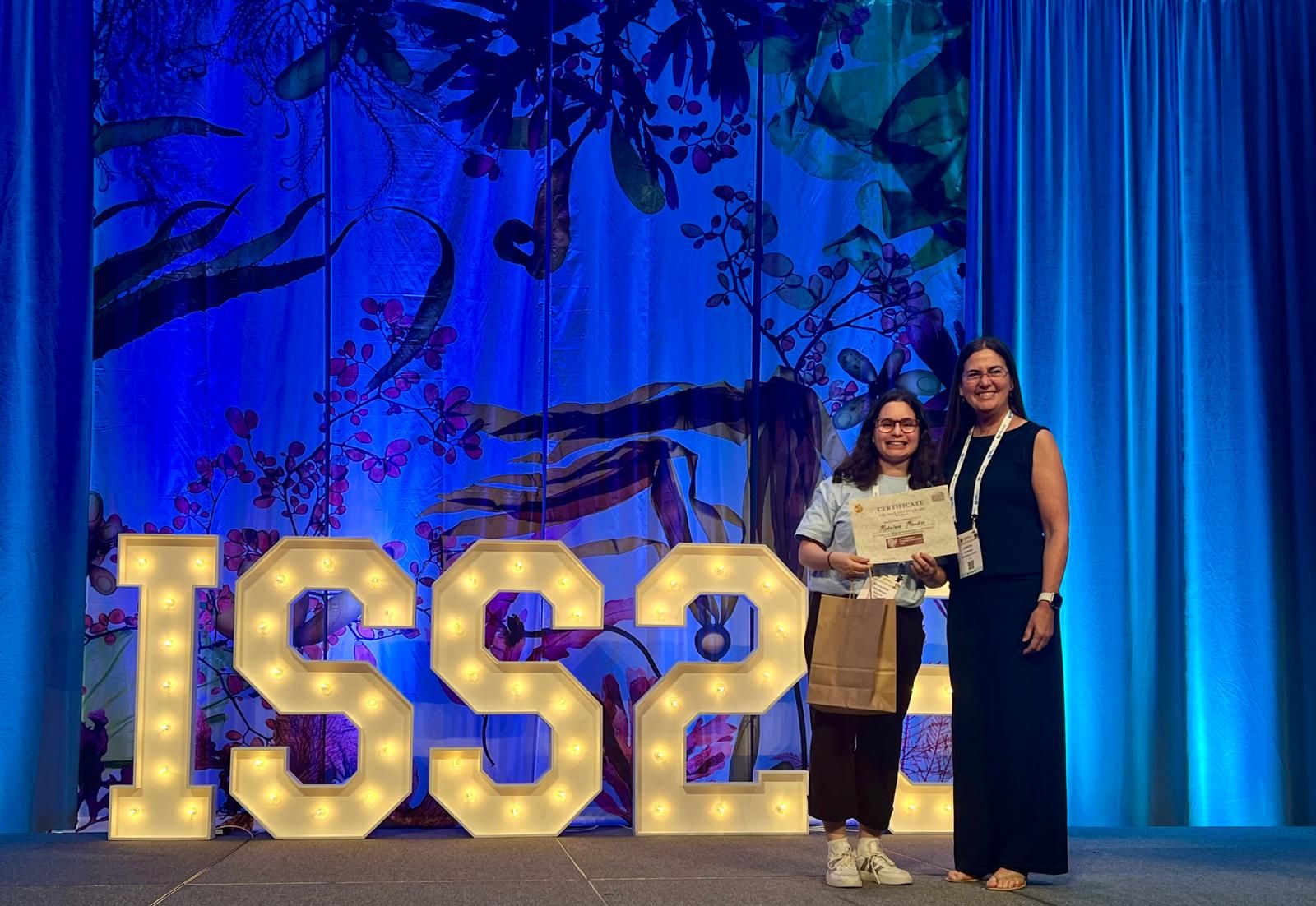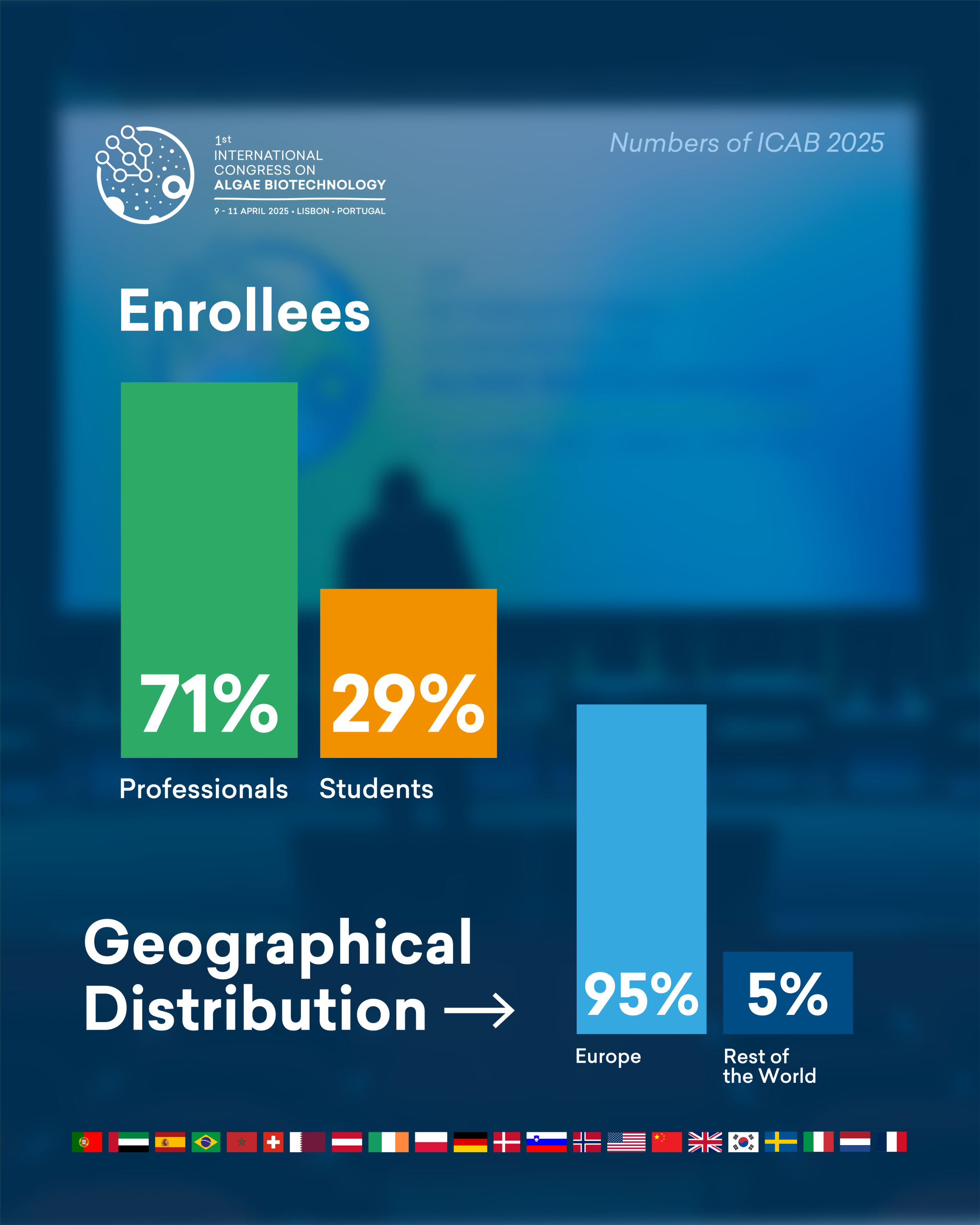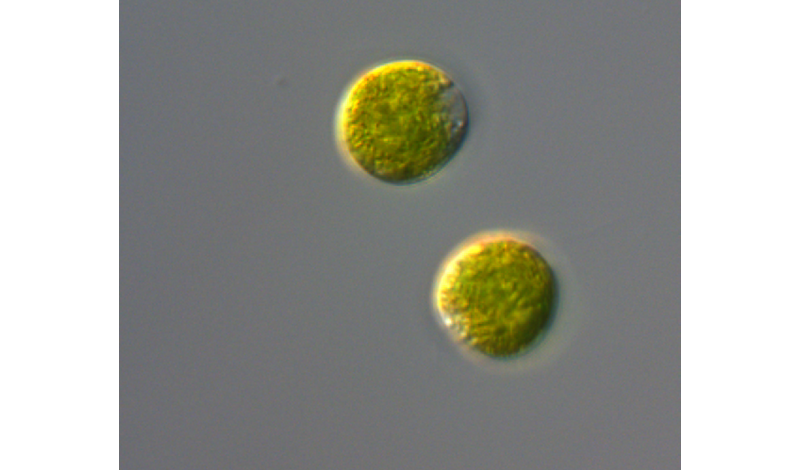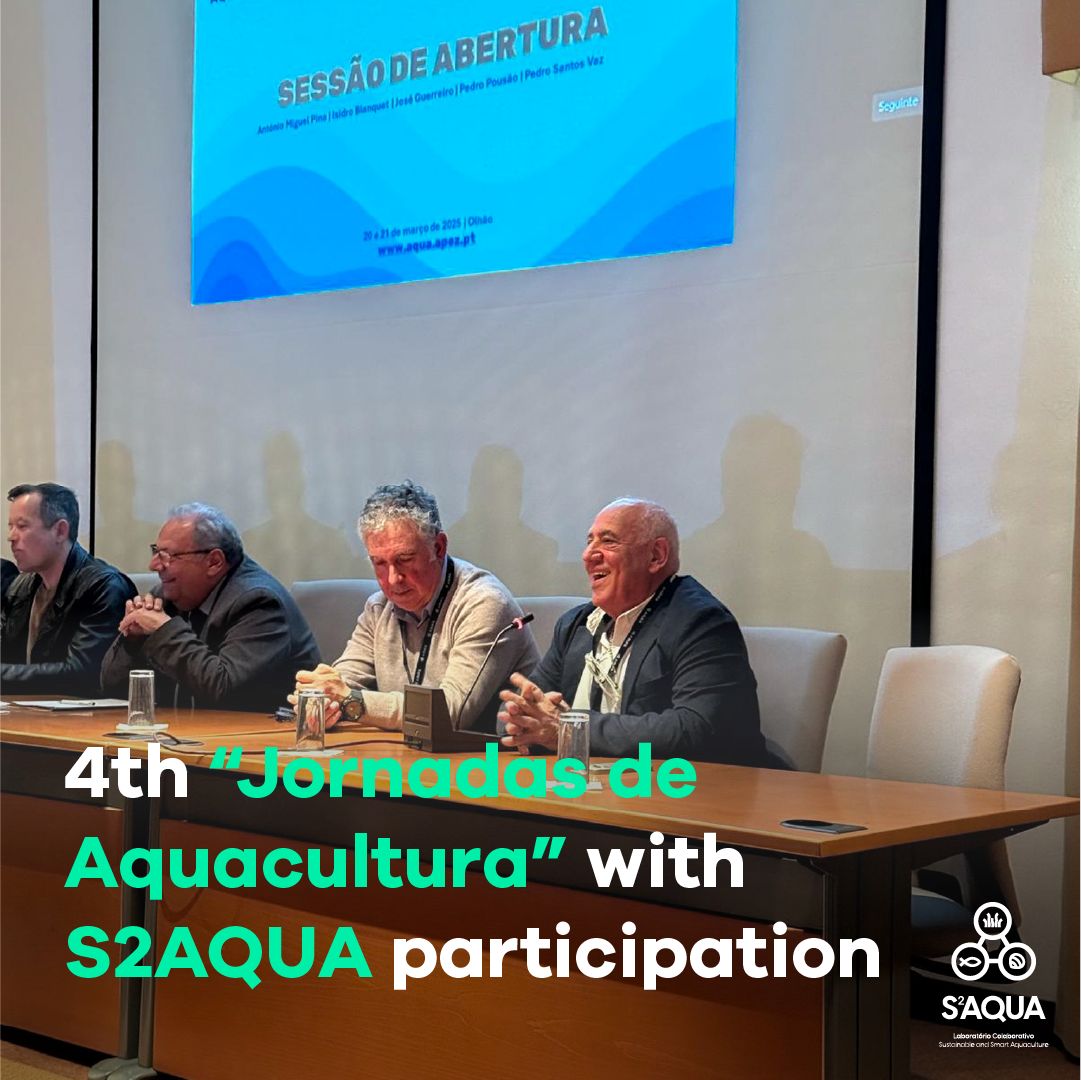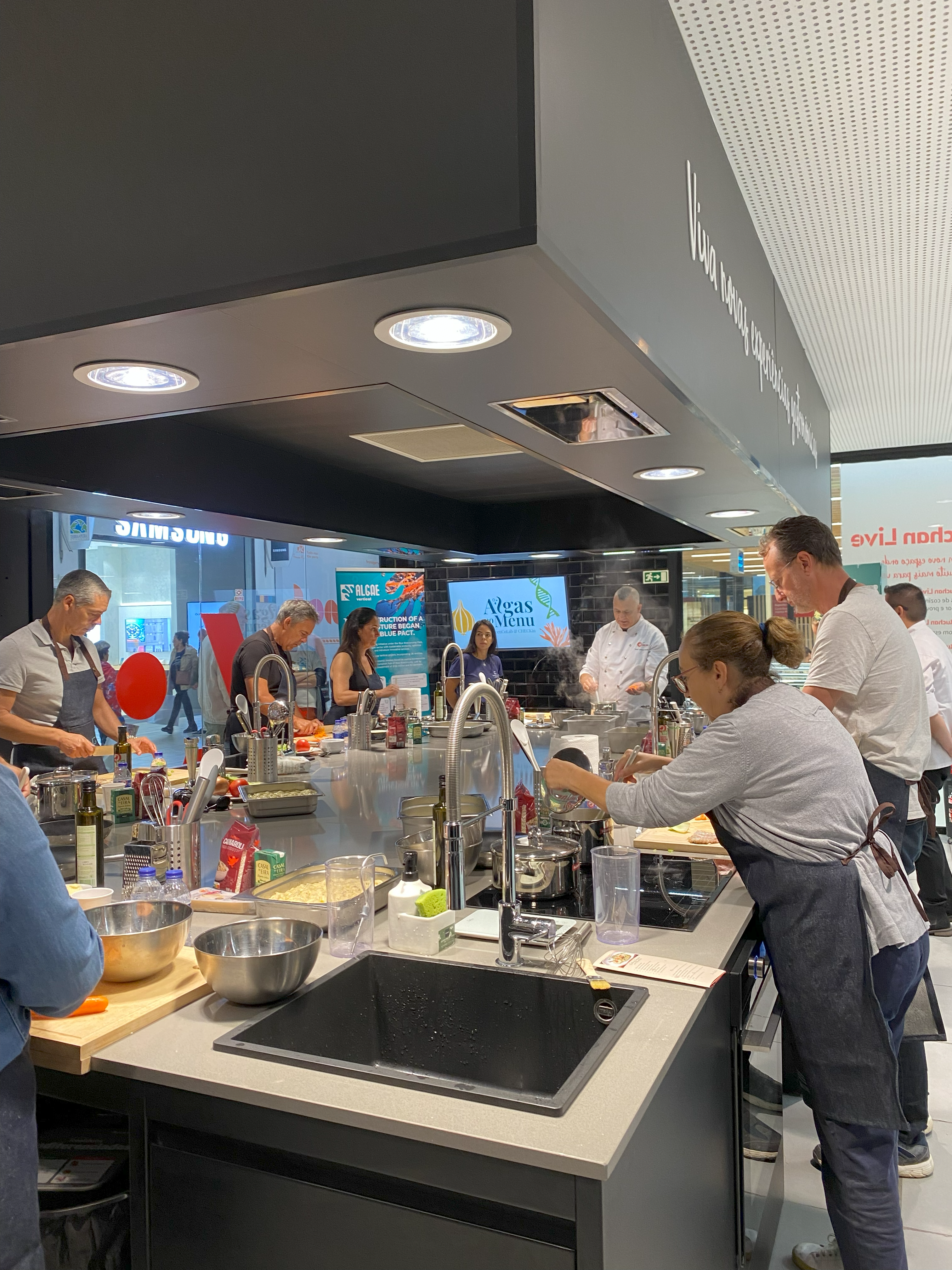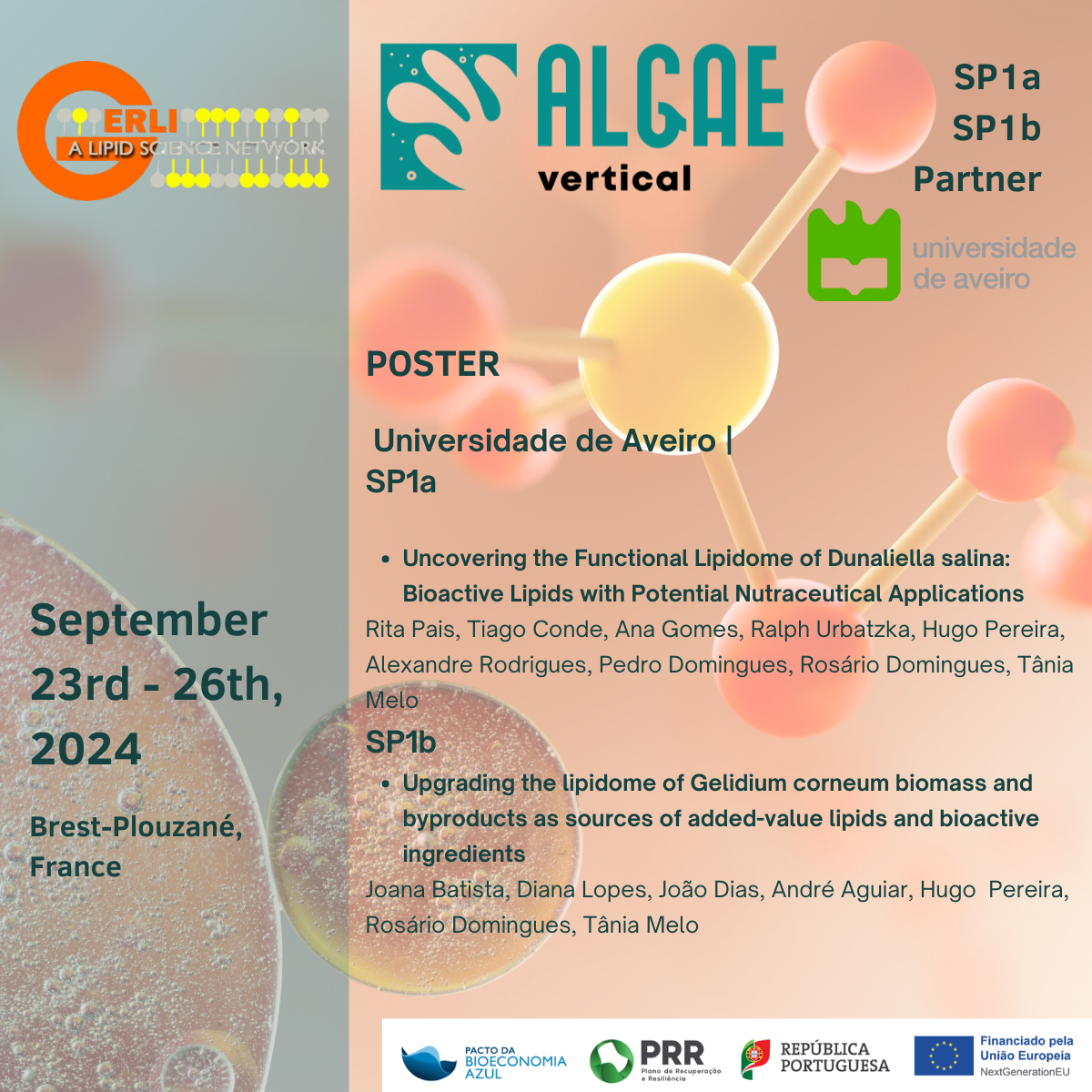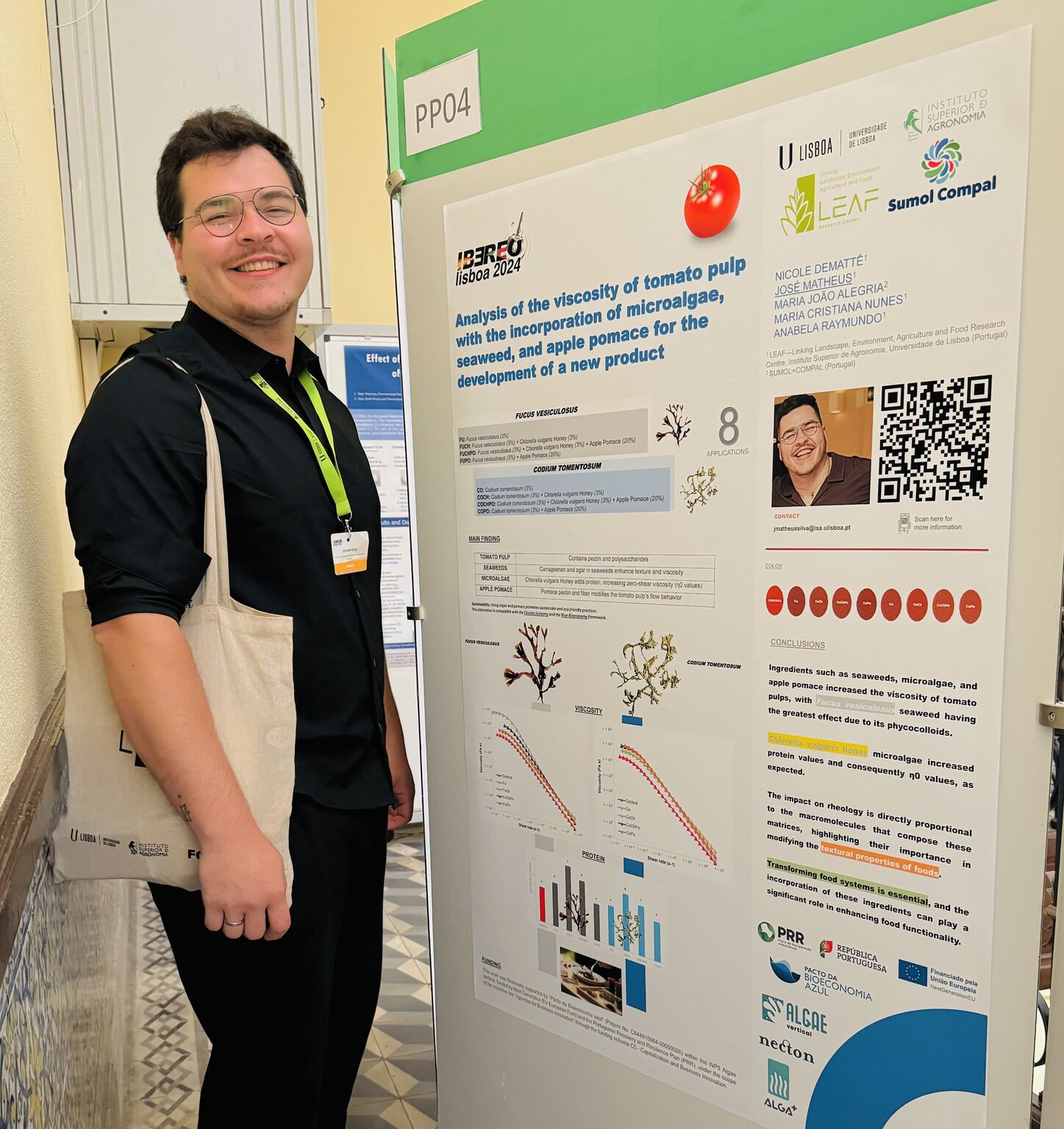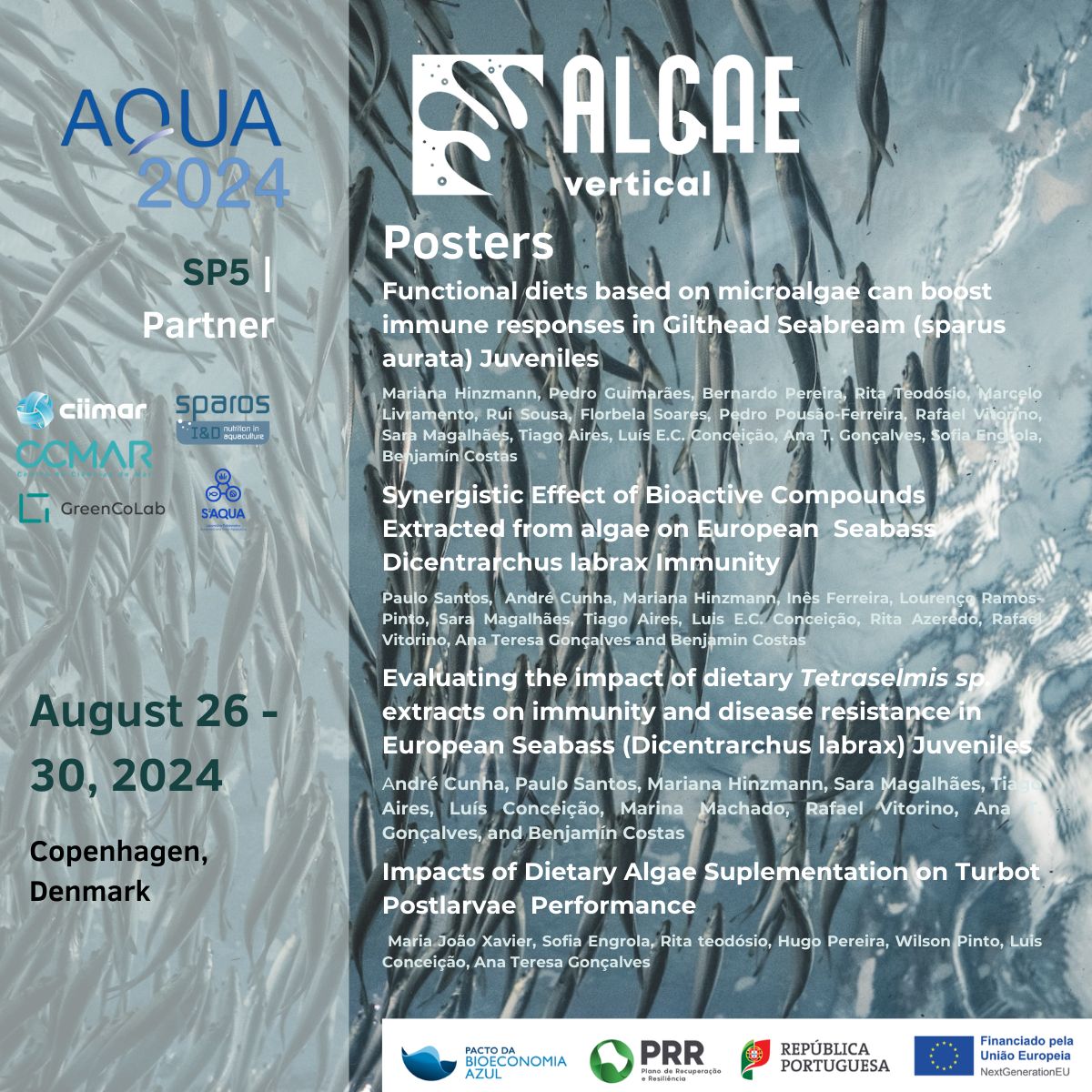GreenCoLab was present at the opening of the 47th Faro Book Fair on 14 May with a morning dedicated to children at Jardim da Alameda. The initiative was promoted as part of the Vertical Algas SP7 project. It featured the presentation of the children’s book ‘O Verde do Azul: À Descoberta das Algas’ (The Green of Blue: Discovering the World of Algae), created in partnership with PROALGA to bring young people closer to the fascinating world of algae.
During the session, children participated in interactive activities, including reading excerpts from the book, observing microalgae under a microscope, and tactile exploration of various species of macroalgae. In a fun and educational way, they discovered how algae are present in everyday life, from food to everyday products.
